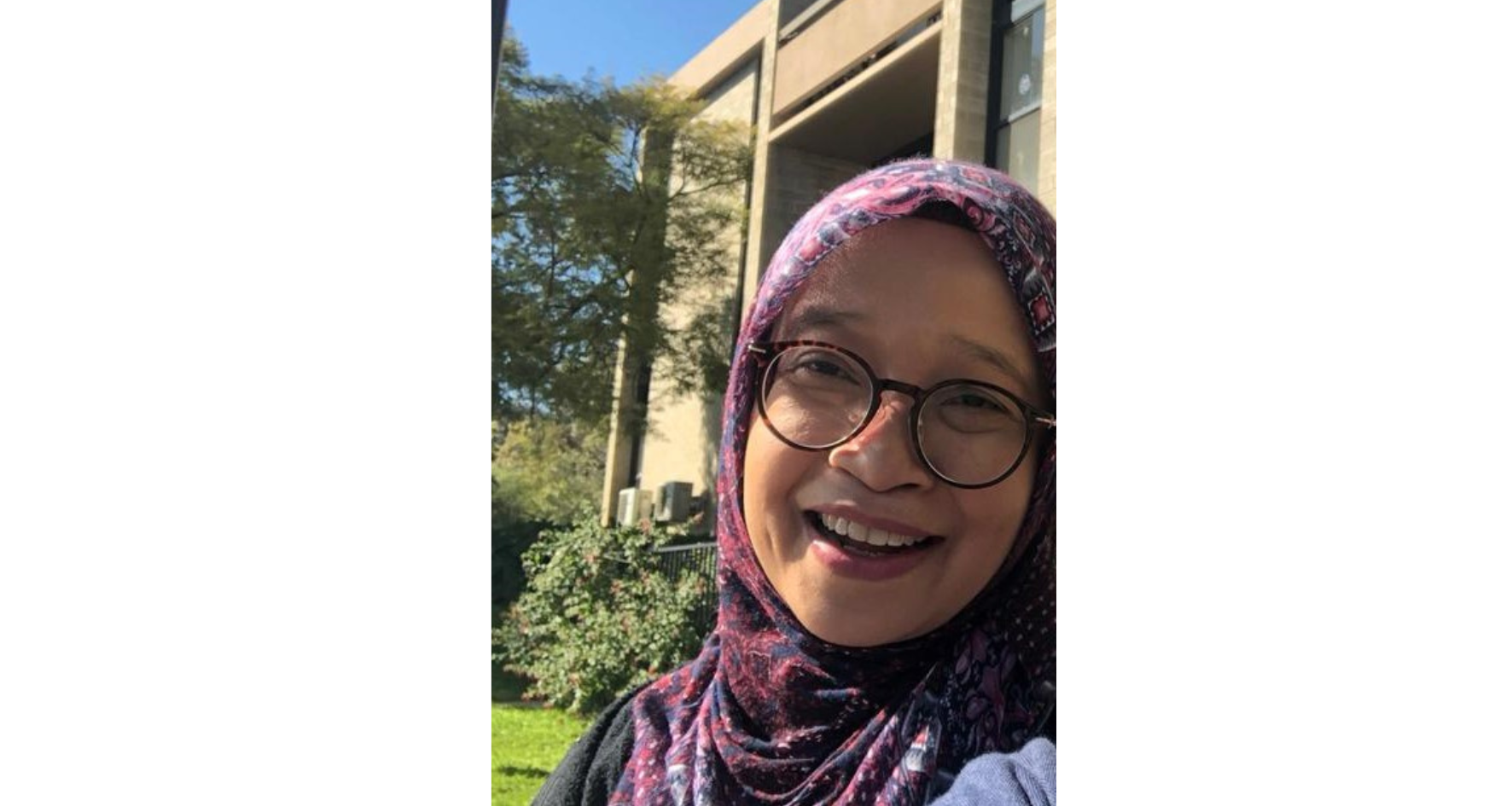
In this month’s newsletter, we would like to introduce PhD student, Yulia from the College of Nursing and Health Sciences.
Yulia’s recently submitted thesis, “A case study of patient empowerment in supporting self-management in diabetes care in Indonesia” received outstanding results from the examiners.
The research explored how healthcare provisions and the system in the Indonesian context support self-management in patients with type-2 diabetes. Yulia was supervised by Dr. Wendy Abigail, Emeritus Professor Eileen Willis and Dr. Fathimath Shivaza.
We asked Yulia to share what led her to a Phd and why it is important, what her research is about and the most enjoyable part along with what advice to fellow and future PhD students.
Tell us about yourself
I am from Indonesia and work for the University of Indonesia. I also finished my master program (master’s in nursing) at Flinders University. Beside working as a lecturer, I engage closely with organisations related to diabetes care and diabetes patient educator that influence my understandings about issues in the Indonesian diabetes care.
![]()
What led you to undertake a PhD? What inspired or motivated you?
To develop my competences in conducting research, expand knowledge in my field, and gain a qualification as an independent researcher are my main purposes of taking a PhD.
What is the topic of your PhD and why is it important to you?
The topic of my PhD is diabetes mellitus care especially care for people with type 2 diabetes (T2DM). This topic is important to me as I have been working in diabetes care area and patient education for quite long time. I found that active participation of people with T2DM in their care, and supports from the professionals and health care system are prominent in the Indonesian context. However, those supports were the most lacking in the daily diabetes care practice. Through my PhD research project, I had an opportunity to scientifically question then try to answer why people with T2DM in Indonesia received limited supports in their diabetes care, and to recommend possible measures to improve the supports.
Tell us about your research
My research explored how patients with type 2 diabetes (T2DM) are cared for and supported in the context of the Indonesian healthcare system. Utilising chronic care perspectives and the critical theories lenses especially Habermas’ communicative action and Honneth’s recognition theories, my research critically identified challenges in supporting patient self-management at the level of the national healthcare system, healthcare institutions, and patient‒HCP interactions.
My research found that the existing diabetes care provision across the healthcare services was shown to be lacking in empowering patient self-management mainly due to inadequate resources. The national healthcare insurance scheme failed to provide essential prescribed medications, the required number of insulin pen needles and laboratory tests recommended by medical standards. Furthermore, time constraints due to high patient‒HCP ratios and the low competencies of diabetes educators led to inadequate access to better diabetes care. Empowering patient self-management was also hampered by the inefficiencies of the management of the healthcare institution, which saw a lack of collaboration among the diabetes care team members, scarcity of patient-education programs and fragmented care.
Medical dominance driven by the structure of the healthcare system, and historical and cultural factors influencing the interaction between doctors and nurses or dietitians and doctors and patients demonstrated that medical staff made all the decisions, resulting in the medicalisation of the care. Communication gaps occurred in healthcare professionals‒patient communication. Thus, patients with T2DM were disempowered in knowledge about, awareness of, and the practice of self-management. The findings are important for patients with T2DM, HCPs, policymakers and stakeholders engaged in healthcare management for patients with T2DM.
![]()
What has been one of the most enjoyable parts of the journey?
Learning new things such as diving in-depth into other scholars’ ideas or concepts, exercising critical analysis, acquiring new skills on using research supporting software (Nvivo, Endnote), and completing the candidature milestones are some of the most enjoyable parts of the journey.
![]()
What advice would you give to those who are about to undertake a PhD?
Enjoy every moment of this journey. It is a worth doing journey.
![]()

